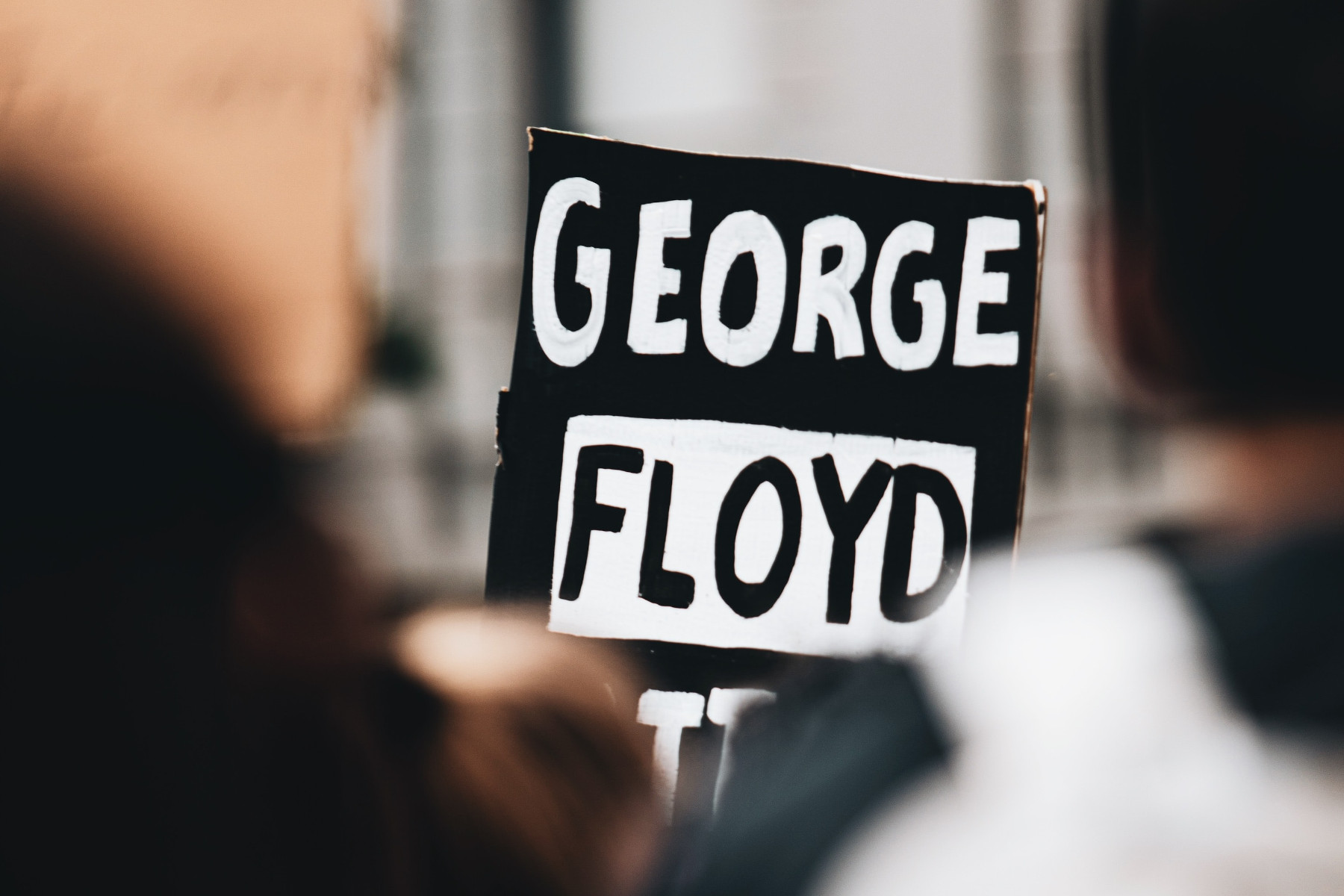Five years after the death of George Floyd and the riots that followed, Minneapolis remains a cautionary tale. The city has not fully recovered — economically, socially, or politically — and according to John Hinderaker of the Center of the American Experiment, it has become a microcosm of a broader problem on the American left: the normalization of political violence and an unwillingness to confront the consequences.
Appearing on Chicago’s Morning Answer with Dan Proft and Amy Jacobson, Hinderaker described a post-riot Minneapolis still marked by physical and psychological scars. Once-bustling neighborhoods remain dormant. Commercial property values have cratered. Uptown and Lake Street, once the epicenter of retail and dining, are riddled with shuttered storefronts. The Third Precinct police station, famously overrun and torched during the 2020 riots, still stands in ruins behind a chain-link fence — a monument to the city’s failure to restore order.
“Minneapolis has not remotely rebounded,” Hinderaker said. “You’ve got entire sections of the city where stores and restaurants never came back.”
The lawlessness isn’t just a legacy of 2020 — it’s ongoing. In Hennepin County, which includes Minneapolis, the county attorney has selectively refused to prosecute individuals who vandalize Teslas, prompting accusations of politically motivated law enforcement. One state employee was caught damaging six Teslas, causing $21,000 in damage, and faced no charges. Meanwhile, a woman who keyed a different make of car was criminally prosecuted. Hinderaker said the message from prosecutors is clear: some crimes are acceptable if they target the “right” people.
The interview also touched on a wave of recent political violence and threats across the country. From Antifa-linked attacks on religious gatherings in Seattle to a dual U.S.–German citizen’s plot to firebomb a U.S. embassy outpost in Tel Aviv, incidents of politically motivated violence continue to surface. Proft and Hinderaker emphasized a disturbing trend — that such behavior is increasingly tolerated, rationalized, or ignored by Democratic leaders.
Elon Musk’s recent comments about the violence directed at Tesla — including threats against him personally and arson attacks on Tesla showrooms — were also cited. Musk warned that those responsible, including those who organized or funded the attacks, “will go to prison.” His frustration underscored a growing concern: some parts of the American left have not only excused violence but incubated it in the name of ideological purity.
“What we’re seeing now is just a continuation of that post-2020 mentality,” Hinderaker said. “Violence is accepted — even rewarded — as long as it aligns with the correct political targets.”
Yet despite the mounting evidence and public fallout, prominent Democrats show little interest in confronting these trends. When given the opportunity to condemn violence, figures like Senate Majority Leader Chuck Schumer instead pivot to criticizing figures like Musk. Proft and Hinderaker agreed this silence speaks volumes.
“You can’t find anyone in the Democratic Party who’s willing to say: ‘This is wrong,’” Hinderaker noted. “They’re either too afraid or too invested in the radical base to do it.”
The conversation also touched on broader ideological fractures within the Democratic Party. Writers like Jonathan Chait and institutions like The Atlantic have started to acknowledge the tension between the far-left activist base and the more traditional, election-focused wing. But Hinderaker dismissed the idea of an emerging civil war within the party, arguing that the so-called moderate wing is either nonexistent or powerless.
“There’s this idea of liberalism versus leftism, but show me where the liberals are,” he said. “Where are the Democrats who will call this out? I don’t see them.”
Minnesota Governor Tim Walz’s political survival was offered as a telling example. Despite his widely criticized handling of both the riots and COVID-19 shutdowns — including failing to call in the National Guard during the peak of the unrest — Walz is reportedly planning a run for a third term. Hinderaker said the state’s voters appear unwilling to demand accountability.
“There’s no reckoning,” he said. “It’s like Invasion of the Body Snatchers — people walking around looking normal, but from the neck up, nothing’s working.”
Both hosts and Hinderaker agreed that political and media elites remain unwilling to revisit their missteps, whether it’s related to crime, riots, COVID, or even the cognitive state of President Joe Biden. There’s no reflection, no mea culpa — just a stubborn refusal to engage in uncomfortable conversations.
As Minneapolis remains scarred and the Democratic Party doubles down on its ideological left, Hinderaker left listeners with a sobering thought: “We may finally find out in 2026 if voters have wised up. But I’m not holding my breath.”
For more of John Hinderaker’s work, visit PowerlineBlog.com and the Center of the American Experiment.





